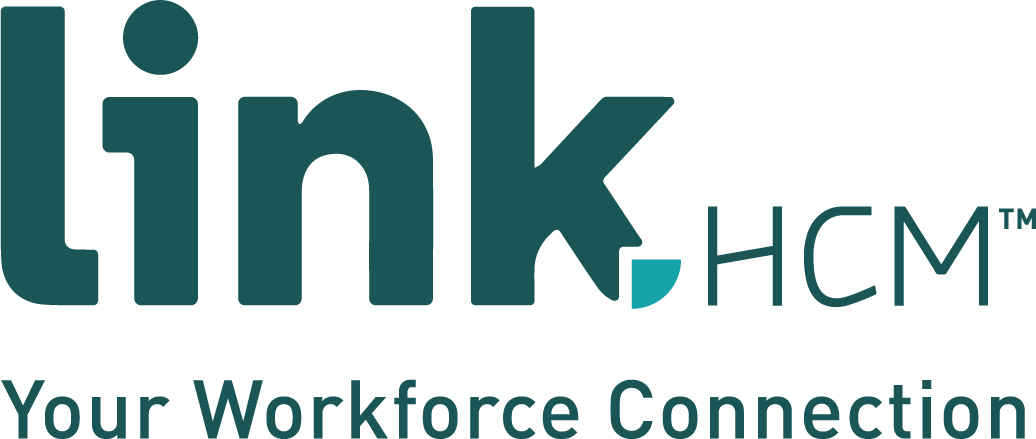
Rapid changes over the last month have direct impacts on HR and workforce management. As vaccines continue to roll out nationwide, learn everything you need to know for May in our roundup below:
CDC Relaxes Mask Guidance, Requiring Employers to Readapt
On Thursday, May 13, the CDC officially announced that fully vaccinated people no longer need to wear masks in indoor or outdoor settings.
Per the revised CDC guidelines, "fully vaccinated people can resume activities without wearing a mask or physically distancing, except where required by federal, state, local, tribal, or territorial laws, rules, and regulations, including local business and workplace guidance."
However, for businesses, the ultimate authority is held by the Occupational Safety and Health Administration (OSHA). On May 17, OSHA instructed employers to follow the new CDC mask guidance for the time being. OSHA is in the process of considering the new CDC guidance's impact on workplaces, and has announced that they will soon provide updated guidance of their own.
In addition, the U.S. Equal Employment Opportunity Commission is also reviewing the CDC guidelines to consider "any impact of these developments on COVID-19 technical assistance provided to date."
For retailers and other customer-facing employers, these updates pose new challenges. Read more here from HR Dive.
House Passes Bill Mandating Accommodations for Pregnant Workers
On Friday May 14, the House passed the Pregnant Workers Fairness Act -- bipartisan legislation to ensure that workplaces provide reasonable accommodations for employees dealing with pregnancy or childbirth.
Specifically, the legislation ensures workers the right to workplace accommodations due to physical limitations, such as providing seating and excusing workers from having to lift heavy objects.
The bill will now be considered by the Senate, where it fizzled in September 2020, but has brighter prospects of passing this time.
According to SHRM, the legislation "closely aligns with the Americans with Disabilities Act (ADA), triggering a familiar, interactive process once an employee requests an accommodation to perform essential functions of her position. Importantly, leave may be provided as an accommodation only after the interactive process cannot identify a reasonable accommodation within the workplace."
2022 Limits for HSAs and High-Deductible Health Plans Announced by IRS
On May 10, the Internal Revenue Service (IRS) announced new, higher contribution limits for health savings accounts for 2022. HSA contribution limits for 2022 are going up $50 for self-only coverage and $100 for family coverage.
The annual limit on HSA contributions will increase about 1.4% from this year, with a total limit of $3,650 for self-only and $7,300 for family coverage in 2022. These adjustments are to account for inflation, and are up from $3,600 for self-only and $7,200 for family coverage in 2021.
President Biden Unveils Federal Paid Leave Plan
In what would be one of the largest expansions to the U.S. social safety net in decades, Biden's new plan would ensure that workers could get 12 weeks of paid leave.
The paid-leave provisions of Biden's American Families Plan (AFP) would require employers to factor new paid-leave requirements into their workforce planning.
Under the proposed legislation, workers could get up to $4,000 per month while they are on leave, with at least two-thirds of their average weekly wages replaced.
And what can that paid leave be used for? According to the White House, “to bond with a new child, care for a seriously ill loved one, deal with a loved one’s military deployment, find safety from sexual assault, stalking, or domestic violence, heal from their own serious illness or take time to deal with the death of a loved one.”
Biden Officially Increases Minimum Wage for Federal Contractors
On April 27, President Biden issued an executive order requiring federal contractors to pay a $15 minimum wage to hundreds of thousands of workers who are on federal contracts.
The executive order will:
- Increase the hourly minimum wage for federal contractors to $15.
- Continue to index the minimum wage to an inflation measure, ensuring that it will be automatically adjusted annually to reflect cost of living changes every year after 2022.
- Eliminate the tipped minimum wage for federal contractors by 2024, and ensure that tipped employees working on federal contracts will earn the same minimum wage as other employees on federal contracts.
- Ensure a $15 minimum wage for federal contract workers with disabilities.
- Restore minimum wage protections to outfitters and guides operating on federal lands.
While the executive order applies specifically to federal contractors, it puts pressure on the private sector to prepare for an increase in minimum hourly wage. The Biden Administration recognizes that this increase "will have impacts beyond federal contracting, as competitors in the same labor markets as federal contractors may increase wages, too, as they seek to compete for workers.”
Read more here from the White House.


Leave a Comment